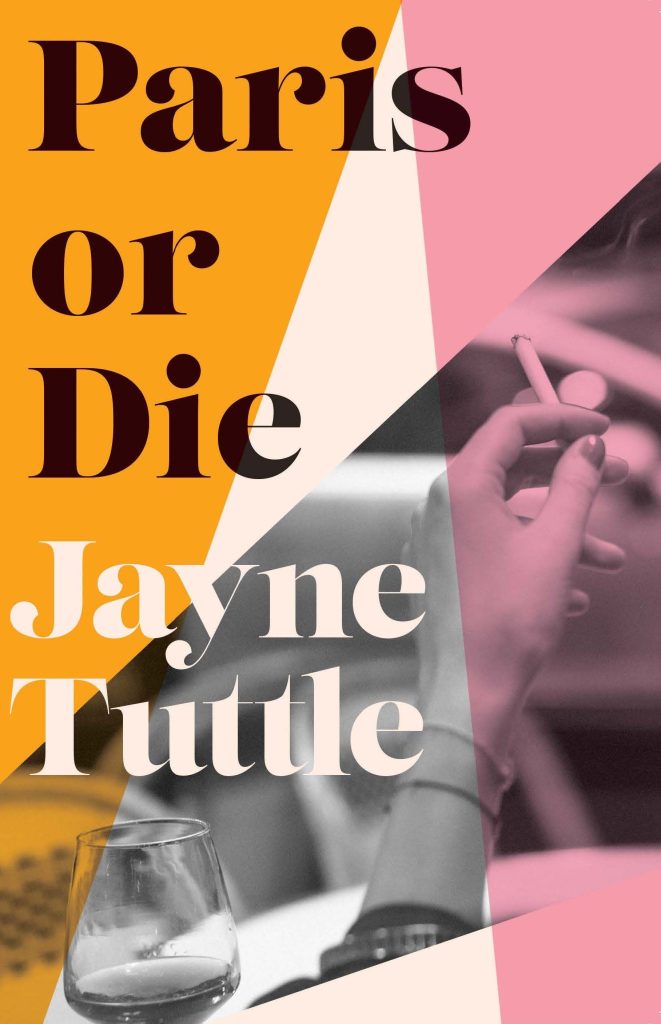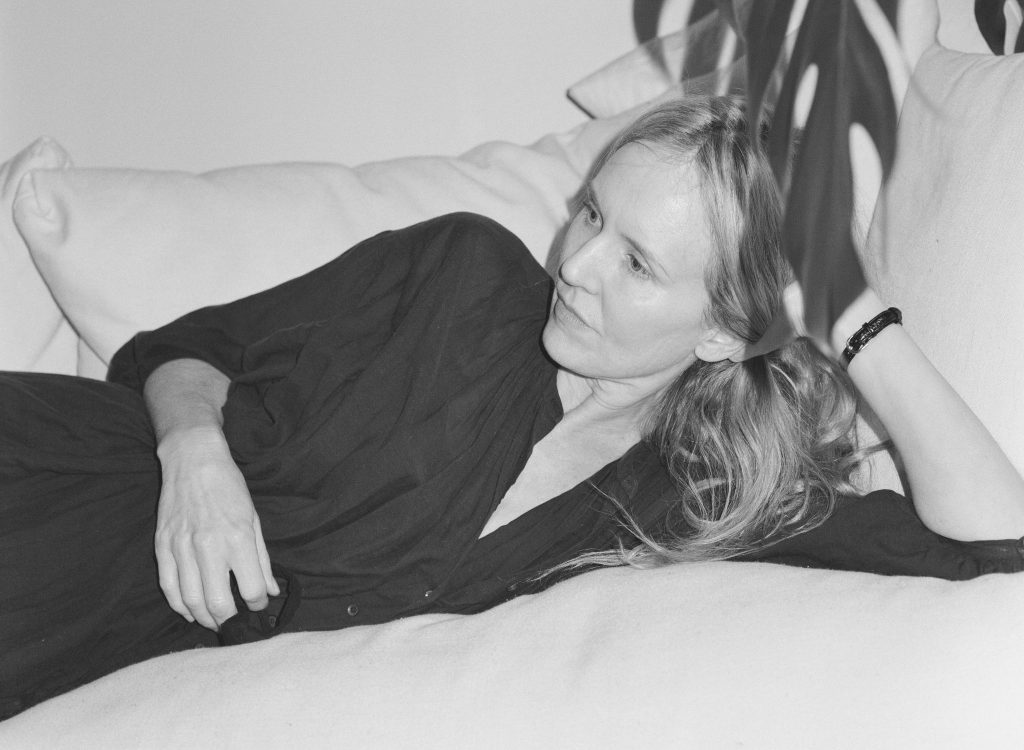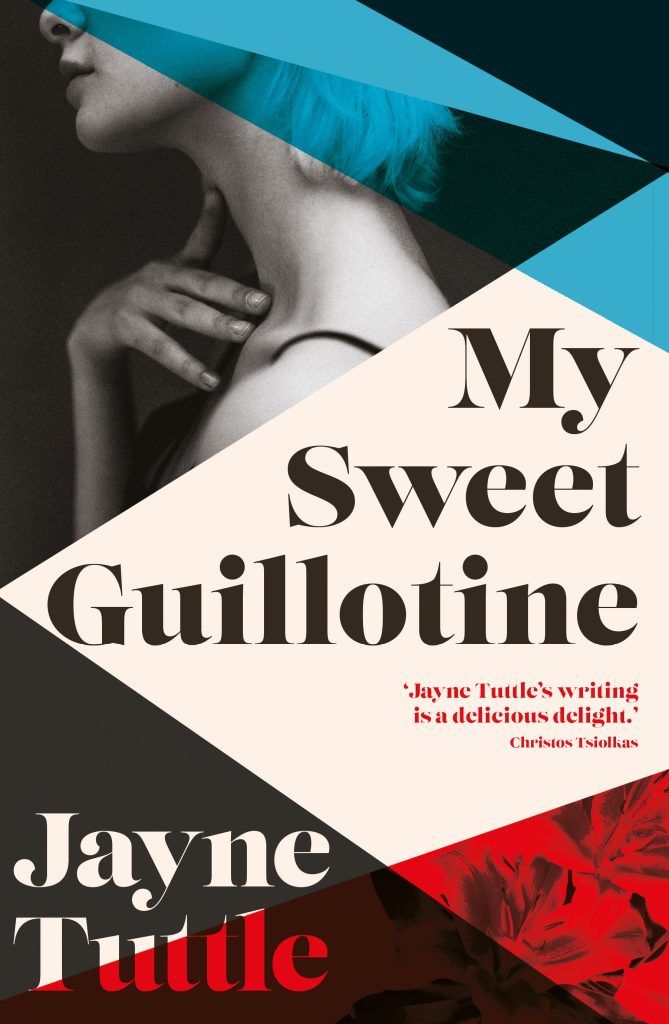I never set out to write nonfiction. I’m not sure what I write is nonfiction. I don’t know what it is. I don’t really want to know. My first book, Paris or Die, contained the account of a bizarre Parisian accident, that, if labelled ‘fiction’ would seem too far-fetched as invention. I was approached by a publisher who publishes nonfiction. So it was nonfiction. The publisher added the subtitle ‘A Memoir’ to the first edition of Paris or Die.I wasn’t sure that’s what it was, but I didn’t fight it.
Anyway, I quite liked the word memoir. It made me think of a stone skipping across a pond. Mémoire – memory – is inherently creative – just ask my sister who has an entire alternate reading of our childhood. Memoir is part memory, part miroir – a memory-mirror, which of course reflects back a different you every day. The label seemed to imply a level of creative liberty that suited my work quite fine.
However, under the banner of ‘nonfiction’ came an internalised pressure to be accurate, a weight that flattened my creativity and put me in a state of perpetual guilt. The only way to enable myself to write was to accept that I was never going to get it ‘right’. If I could make the story and the characters real, I thought, then whether or not they were factual wouldn’t matter. The reader – and the people who knew me – would be lost in the experience, the truth of what it was I was trying to get across, which was bigger and deeper than the facts.
For example, in Paris or Die I wanted to show how much my sister and I missed each other while I was in France. But she plays a minor role in the story and I couldn’t use many words. So I have her say short, mean things that bely her love – You can’t come back anyway, country’s full. I have her send me a postcard of a stuffed koala that reads:
Stuff you. Come home.
She never wrote those words. She did send me the koala. But the point is, you feel – or I hope you do – how much she misses her sister. If it was factual I would write:
My sister and I missed each other terribly. We talked on the phone every day and wrote letters.
We don’t give a shit that the sisters are writing letters. I’m trying to illustrate longing, homesickness, the pain of distance. Love. Not facts.
Werner Herzog says you can buy the phone book if you want facts. The objective of art is to illuminate. Reading his writing on nonfiction and documentary-making saved me many a time writing both Paris or Die and my second memoir, My Sweet Guillotine:
We are not flies on the wall.
The moon is dull.
Mother nature doesn’t call.
Facts create norms and truth illumination.
My aim, I think, in writing, is to mine my experiences, dissect them, and try to find within them something juste. Juste is a word from my theatre school training; it is the feeling you get when something feels right, truthful, authentic – that spark of recognition that makes you laugh, or cry, or say ‘yes!’ At the Lecoq school, we were taught to observe and re-embody life around us with absolute precision, but the interesting thing I found (over two relentless years of trying and failing) is that the facts aren’t always juste. Attempting to retell something in its most crude ‘factual’ form can in fact feel the opposite – fake and unrealistic. And, more to the point, it says nothing about the act of existence, nor does it take our understanding of life any further. At the rigorous theatre school, to simply mimic life on stage wasn’t enough – in fact it was a heinous crime: boring and one-dimensional. You had to go beyond the immediate, find the essence of the event or character or place – its dynamic. Only then could you find what was juste. And oh, the feeling of touching it, for even a second. To make art of truth, to create, was not something to be ashamed of. It was a responsibility.
My books are based around significant episodes in my life, but I am less interested in that than the sensations and ideas and questions they raise. So I take the true story, and try to tell it in as juste a way as I can. Meaning, I aim to communicate the feeling of this experience to my reader, not just recount the list of events. To do this, I shrink timelines, invent dialogue, play with detail and tone … I try to reconstruct the actual experience in as creative a way as I can, to fit the compact form of a book. A factual account would be a thousand pages, boring and indulgent.
As I write this piece, there is a person in my mind, I’ll call her the real writer. I met the real writer at an artists’ residency; she was writing fiction, and was concerned about the ethics of my writing, my admission to playing with the facts. Long discussions ensued, in which, to my shame, one night I burst into tears, not out of hurt, but of an exasperating boredom. It astounded me that the writer would feel immune to the nudity of writing, even when it was clothed as fiction; the ethics of writing at all, the ethical dilemmas that the very act of writing any single thing down in your life – even in a journal – raises every gut-wrenching day. What writer doesn’t feel exposed, disgusting, unethical, at some point? Ten years of experimentation with form had shown me that no matter which way I wrote, how distanced I placed myself, how ‘fiction’ I made the story, there I was: Jayne fricking Tuttle. Naked. Bleeding. To ink something to a page is to forever toe the ethical line. No? That is why I cried. Also, I didn’t want to be ethical. I don’t feel like I’m doing my job if I’m being safe and good and ethical.
Waaaa.
I go back to my room and cuddle with Herzog:
Shape the ecstatic truth to tell a beautiful and brilliant story.
Shakespeare:
The most truthful poetry is the most feigning.
Ernaux:
There is no such thing as a lesser truth.
Barthes:
Every exploration is an appropriation.
I imagine I am dead. My work outliving me. Detached from me, from the immediate. And I start to write for that. The future world won’t care if every detail is correct and perfect, if I was an asshole, if my friend didn’t wear that dress. They will feel it only for what is there, on the page.
Write like you’re already dead, I write in my diary.
My tears dry up. It helps to not have my face pressed up against the glass of now. To write for something further, larger, greater. To forget myself, this brief dot of life, to write as furiously and as truthfully as I can. To have as much fun as humanly possible with all this material life has thrown me, make it sing, make it wild.
Jayne Tuttle is the author of Paris or Die and My Sweet Guillotine. She is a graduate of the Lecoq Theatre School. Paris or Die was developed into a solo theatre show in 2021 and has toured since to venues including La Mama. Jayne is a long-term resident of the Centre les Récollets in Paris, and was awarded the 2021 Varuna Eric Dark Flagship Fellowship. In 2023 she received a La Napoule Art Foundation Fellowship and is a Bundanon Artist-In-Residence. Her writing has appeared in The Guardian, The Age/SMH and international outlets. She co-owns The Bookshop at Queenscliff.



Jane this is exquisite. Thank you.
Thanks Carol. Our chats at Varuna helped crystallise many of these thoughts. x
Brilliant. I absorbed this piece like a sponge too long out of water. Juste.
Thanks Rhiannon. Juste! The ultimate accolade. Merci merci!
I am reminded of one of my writing teachers made commented on some writing of mine she critiqued, ‘The difficulty is the point.’
Thank you
Ain’t it the truth. Thanks Richard.
I thoroughly agree with Jane about bringing the facts to life through fiction, which is what I aim to do in my novels based on truth. Thank you Jane for expressing the concept of ‘juste’ so beautifully.
Thanks Dina! So glad the idea of ‘juste’ resonated with you. J
Yes! I needed to read this today. Thanks, Jayne.
My pleasure Mark!
As I struggle to hit my daily word count, ‘write like I’m dead’, or as I interpreted it write like I’m going to die (because I am one day), hit me. Get the damn thing out, as I can’t and won’t take it with me.
Thank you, Jayne.
I hope to see you in Queenscliff again soon.
Suzanne x
Go go go Suzanne , get it out … Also, like a giant baby it will be born when it is ready. Lots of love and calm doula coaching from the sidelines, J xxx
Thanks, Jayne and Lee. A timely reminder: when something feels right.
it’s a pleasure, dear Margaret, and I hope you’re writing! x
Thanks Margaret X
Thanks Jayne (and Lee). So much to absorb here. Finding the JUSTE, the nudity of writing, the challenge to have as much fun as humanly possible with all of this material… love, love, love it all.